Intellectual
Property and
Information
Technology Law

Prepared for the Legal Landscape of the Digital Age
Tom Norton ’16, executive director of Fordham’s Center on Law and Information Policy, says, “The rapid development of technology constantly pushes the limits of existing legal frameworks. There’s a persistent, urgent need to craft law and policy that accommodates technological advancement while ensuring a free and fair society.” Fordham students will be up for the challenge, with courses on AI and blockchain as well as hands-on opportunities like Fordham Law’s externship with New York City’s Office of Technology and Innovation, where Fordham Law alumnus Michael Fitzpatrick ’12 serves as chief privacy officer.

George says her interest in data privacy is rooted in her experiences “growing up in a digital world.”
“Witnessing firsthand the transformative power of technology, as well as its potential for misuse, inspired me to pursue a career where I could contribute to shaping the legal landscapes that govern technology use,” she says.
Through her placement with New York City’s Office of Information Privacy (OIP), George took a deep dive into privacy impact assessment processes globally, comparing toolkits used in New York City and in New Zealand to identify and manage privacy risks. She also developed recommendations to refine and enhance approaches to OIP’s privacy impact assessments.
“This project was not only challenging but also exceptionally rewarding, as it allowed me to contribute to the accessibility and effectiveness of privacy practices in New York City,” says George. “This externship has been pivotal in solidifying my desire to work in data privacy law.”
Intellectual Property and Information Technology Law Quick Facts
- The Fordham Intellectual Property, Media, and Entertainment Law Journal is the most-cited law journal devoted to IP issues.
- IP-related student groups include the Fashion Law Society, Fordham Sports Law Forum, the Information Law Society, and the Media and Entertainment Law Society.
- Research conducted by the Center on Law and Information Policy (CLIP) was relied upon by the California Department of Justice in drafting the California Consumer Privacy Act Regulations.
- The IP Institute’s annual Fordham Intellectual Property Law and Policy Conference draws hundreds of IP practitioners, judges, academics, and policymakers from around the world every year.
- Under a new grant from the National Science Foundation, law students and CLIP faculty and staff work in collaboration with computer science researchers to design software systems that are accountable to law and regulation. Law students who work on the project develop qualitative and quantitative research skills and gain valuable experience interfacing with technologists.
- The Fashion Law Institute at Fordham Law is the world’s first center dedicated to law and the business of fashion.
New York, NY 10023
212-636-6810
lawadmissions@fordham.edu
law.fordham.edu/admissions
![]() @FordhamLawAdmissions
@FordhamLawAdmissions
![]() FordhamLawAdmissions
FordhamLawAdmissions
![]() @FLSAdmissions
@FLSAdmissions
![]() FordhamLawAdmissions
FordhamLawAdmissions
Select Intellectual Property and Information Technology Law Course Offerings*
- Art and Cultural Heritage Law
- Blockchain and Smart Contracts
- Blockchain, Virtual Currencies, and Tokens: Business and Legal Issues
- Copyright Law
- Digital Civil Rights and Civil Liberties
- Fashion Ethics, Sustainability & Development
- Fashion Modeling Law
- Fintech and Artificial Intelligence: Regulatory and Corporate Law Framework
- Information Privacy Law
- Intellectual Property and Advanced Technology: Artificial Intelligence and Blockchain
- Intellectual Property Law
- Patent Law
- Patent Litigation
- Patent Practice Skills
- Smart Securities and Blockchain Regulations
- Technological Change & the Law
- Trademark Law
New York, NY 10023
212-636-6810
lawadmissions@fordham.edu
law.fordham.edu/admissions
![]() @FordhamLawAdmissions
@FordhamLawAdmissions
![]() FordhamLawAdmissions
FordhamLawAdmissions
![]() @FLSAdmissions
@FLSAdmissions
![]() FordhamLawAdmissions
FordhamLawAdmissions
